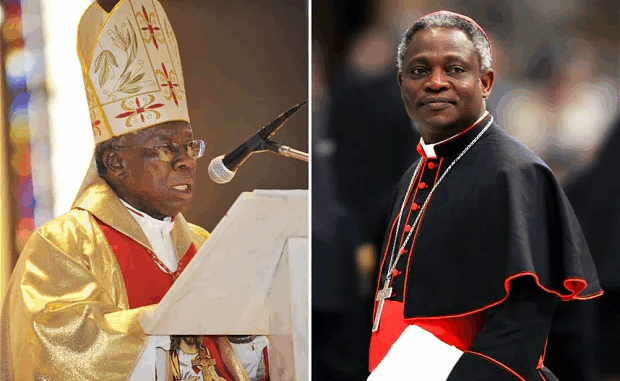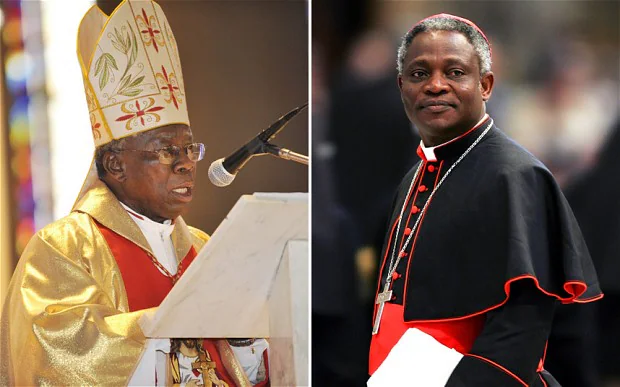
In a world where history is often written by those who seize the moment — and erased from those who almost did — one story stands out for its sheer magnitude and haunting what-ifs: the man who came within reach of becoming the first Black Pope.
His name? Cardinal Francis Arinze.
🕊️ A Trailblazer from Nigeria
Born in Nigeria in 1932, Arinze converted to Catholicism at the age of 9 and quickly rose through the Church’s ranks thanks to his brilliant mind, spiritual devotion, and unwavering commitment to unity and interfaith dialogue. By the time he was 32, he was already the youngest bishop in the world.
But his rise didn’t stop there. In 2005, following the death of Pope John Paul II, Cardinal Arinze was widely considered a top contender for the papacy — a possibility that would’ve shattered centuries of racial and geographical barriers within the Catholic Church.
⛪ A Turning Point That Shook the Vatican
As cardinals from around the globe gathered in Vatican City for the conclave, whispers filled the halls: Was the world ready for its first Black Pope?
Cardinal Arinze had the credentials, the respect, and the spiritual presence. He had served as head of the Pontifical Council for Interreligious Dialogue and had been a close advisor to Pope John Paul II for years.
But when the white smoke finally billowed from the Sistine Chapel, the world learned that Joseph Ratzinger — now Pope Benedict XVI — had been chosen.
Cardinal Arinze returned to his duties quietly, never once complaining, never once revealing how close he had come to making history.
👀 What Really Happened Behind Closed Doors?
Though the Vatican keeps its conclave votes secret, many Vatican watchers have long speculated that Arinze’s race and African origin played a subtle but significant role in the final decision.
Some say the Church wasn’t ready. Others argue the world wasn’t. But either way, the moment slipped by — and history was postponed.
✊🏾 A Legacy That Refuses to Be Erased
Even without the papal title, Cardinal Arinze’s influence remains profound. He has inspired millions across Africa and beyond, reminding believers that faith knows no color, and that true leadership is measured not by titles, but by courage, humility, and vision.

In many ways, he already made history — not because he wore the white robes, but because he proved the world could imagine him in them.
And maybe, just maybe, the path he paved is the one someone else will finally walk.
What could’ve been may not have happened — but the echo of that almost still speaks loudly through the halls of the Church, and through the hearts of those still waiting for change.